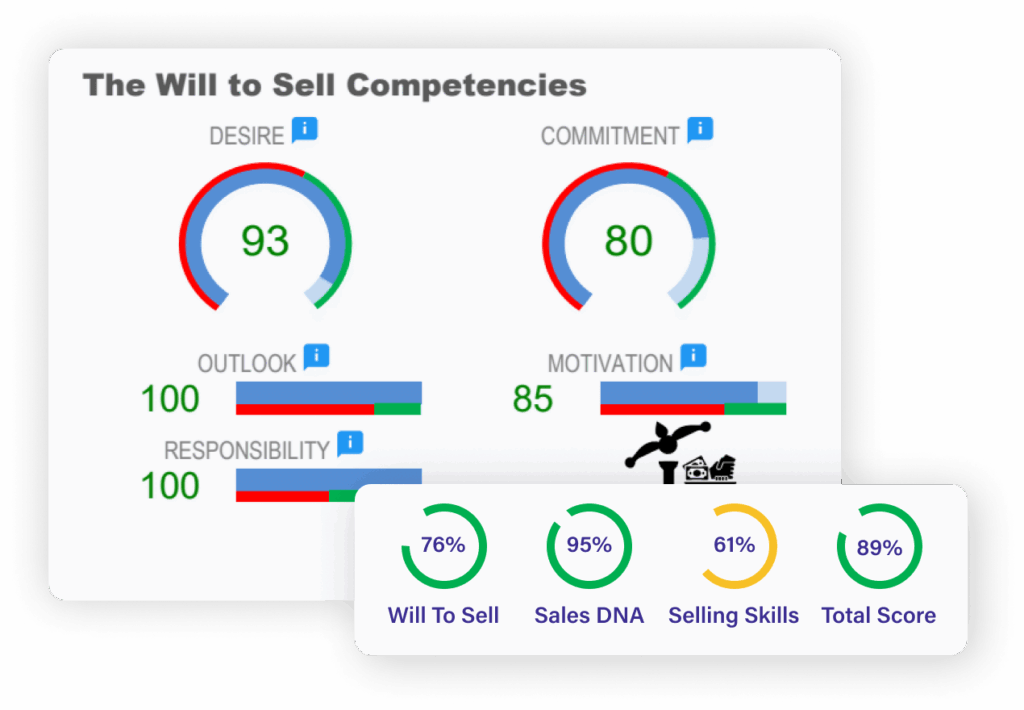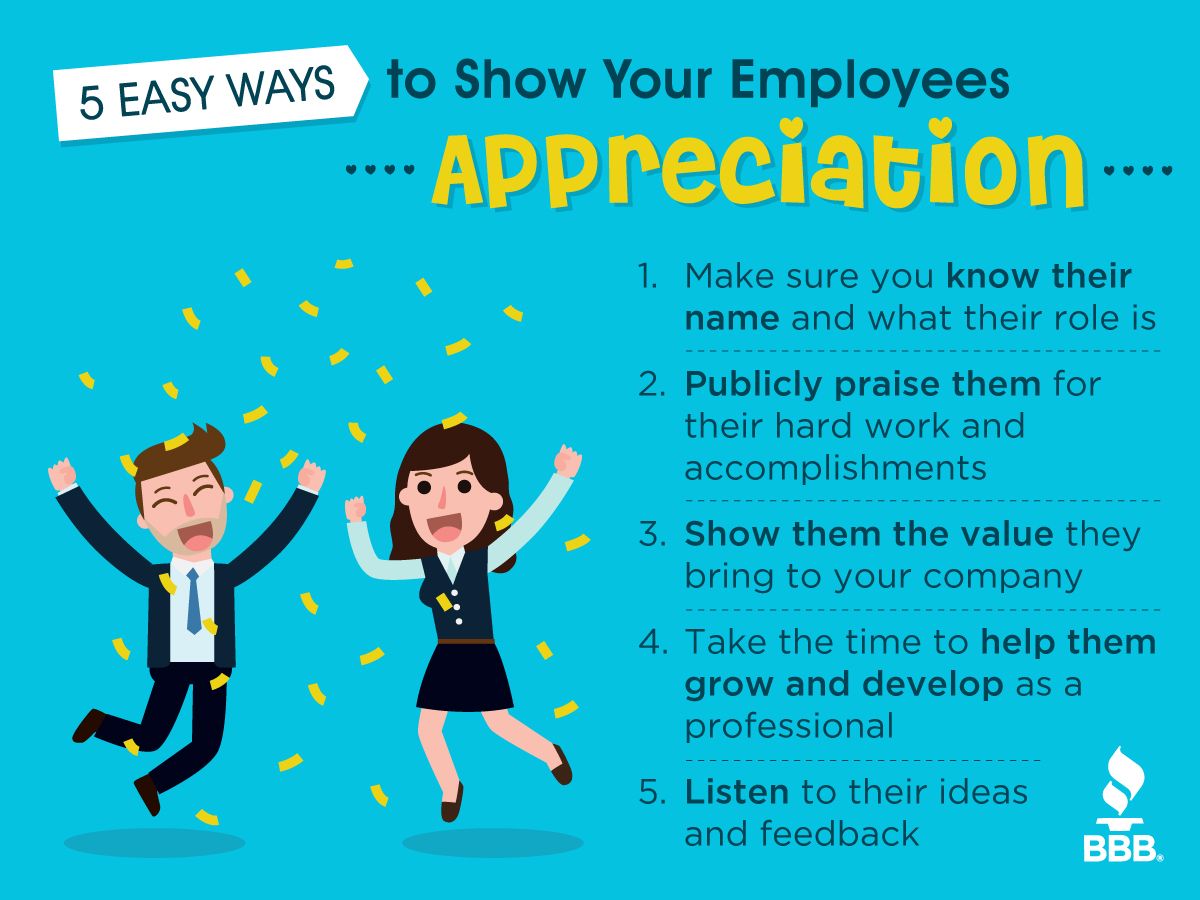In today’s competitive SaaS ecosystem, it’s not enough to simply have a great product. You need elite salespeople who are capable of managing complex sales cycles, connecting with customers, and staying perpetually motivated. Building a team of superstars starts from the ground up, where you understand what it takes to attract and retain top sales performers.
For this article, we’ll explore both sides of the process — recruiting the best of the best and keeping them around for the long haul. With that said, here’s how the best SaaS companies attract and retain top sales performers.
They Create an Airtight Compensation Package
While there’s more to making a sales position attractive than money, we’d be lying if we said that it wasn’t a deciding factor for most candidates. And you can bet that those who are truly elite know their value. So, no matter how great your brand or culture is, you’re going to need a competitive compensation package to build a winning sales team.
This starts with offering a salary or commission that’s on target with key competitors. But it’s also important to offer enticing benefits, as well as rewards that encourage salespeople to give maximum effort.
Besides that, many of today’s top SaaS companies offer non-financial incentives like equity participation, additional time off, and flexible work schedules.
For info on how much top sales talent gets paid, check out this article.
They Use Objective, Data-Driven SaaS Sales Recruiting Processes
While it’s certainly possible for a “gut feeling” to work out when hiring a sales rep, it’s not recommended. With so many variables impacting a rep’s performance, it’s easy to make a poor hire if you rely primarily on instinct.
In the modern sales recruiting era, the vast majority of top SaaS companies use data-driven strategies to objectively assess what each candidate brings to the table. That way, they can shortlist and eventually hire candidates with the highest possible level of confidence.
For example, when SaaS companies use the Sales Skills Assessment to guide hiring, they find that 72% of recommended candidates are top performers and 0% of non-recommended candidates are top performers.
That’s because this tool focuses on 21 sales-specific competencies that are backed by science to pinpoint ideal candidates based on quantifiable metrics and what’s worked in the past.
So if you’ve been having lackluster results doing SaaS recruiting “the old-fashioned way,” a data-driven tool like this can be well worth the investment.
They Focus on Internal Advancement
Now let’s move to the retention side of things. As you’re probably aware, the longer a salesperson is at your company, the more likely their retention is to decrease. For perspective, “One year after being hired, there’s a 76% chance they’ll still be with your company. By year five, estimated retention is down to 38%.

One of the best ways to significantly reduce turnover is to prioritize internal advancement. According to data, if you promote a salesperson within the first three years of being hired, there’s a 70% chance that they’ll stay with your company. However, if they’re not promoted within that time frame, there’s only a 45% chance of them remaining.
By these numbers, internal promotion should help increase your retention rate by 25%, while also leading to additional benefits like building a stronger culture and a more loyal team. So if up to this point internal promotion has been an afterthought or non-existent, now is the perfect time to switch up your approach.
They Go All in on Onboarding and Continuous Learning
It should come as no surprise that there’s a correlation between strong onboarding and increased salesperson retention. But you may be surprised at just how big an impact it can have.
According to research, “69% of employees who have an exceptional onboarding experience are likely to stick around for at least three years, and businesses with a smooth onboarding process boost their employee retention rates by 52%.
These numbers show that giving onboarding more attention can be a true game-changer and potentially mean the difference between having reps sputtering out after a few months and being key cornerstones for the long run.
To simplify the onboarding process, we created a streamlined checklist that you can use to get new reps onboarded quickly and seamlessly without missing a beat. On it, you’ll find everything you need to know, including creating an orientation resource, training on the software reps will be selling, educating them on buyer personas, and more.
Also, besides doubling down on onboarding, it’s important to work continuous learning into your framework. For instance, offering free ongoing training and matching each new hire with a mentor can go a long way in continually improving their skills. And for many, this can provide the extra touch needed to keep them engaged and wanting to stick with your company.
They Use Data to Fully Optimize Recruiting and Retention
Finally, let’s discuss a strategy that can dramatically improve both recruiting and retention — analytics.
As you gather more data and learn what does and doesn’t work, you should be in a better position to make smarter choices. The key to fully optimizing your recruiting and retention processes is to implement robust analytics that help you sift through the data and generate actionable insights.
Some examples of KPIs you can analyze include application completion rate, time to fill, time to hire, quality of hire, and Net Promoter Score.

From there, it should be relatively easy to figure out what needs improving, so you’ll know where to focus your efforts. And beyond the low-hanging fruit, this data should help you continually iterate on your SaaS sales recruiting so you get better and better.
Attract and Retain Top Sales Performers in Today’s Ultra-Competitive SaaS Landscape
Again, truly thriving as a SaaS company goes beyond just having a great product. You need a team of experts who can sell well and keep them around for the long haul.
There’s a lot that goes into accomplishing that. But when you break it down, some of the most critical elements are offering highly competitive compensation, leveraging data-driven sales recruiting tools, prioritizing internal advancement, and going above and beyond with onboarding and continuous learning. Check those boxes, and you should inevitably have a winning team on your hands.
To see how HireDNA can take your recruiting to the next level, sign up for a demo today.




